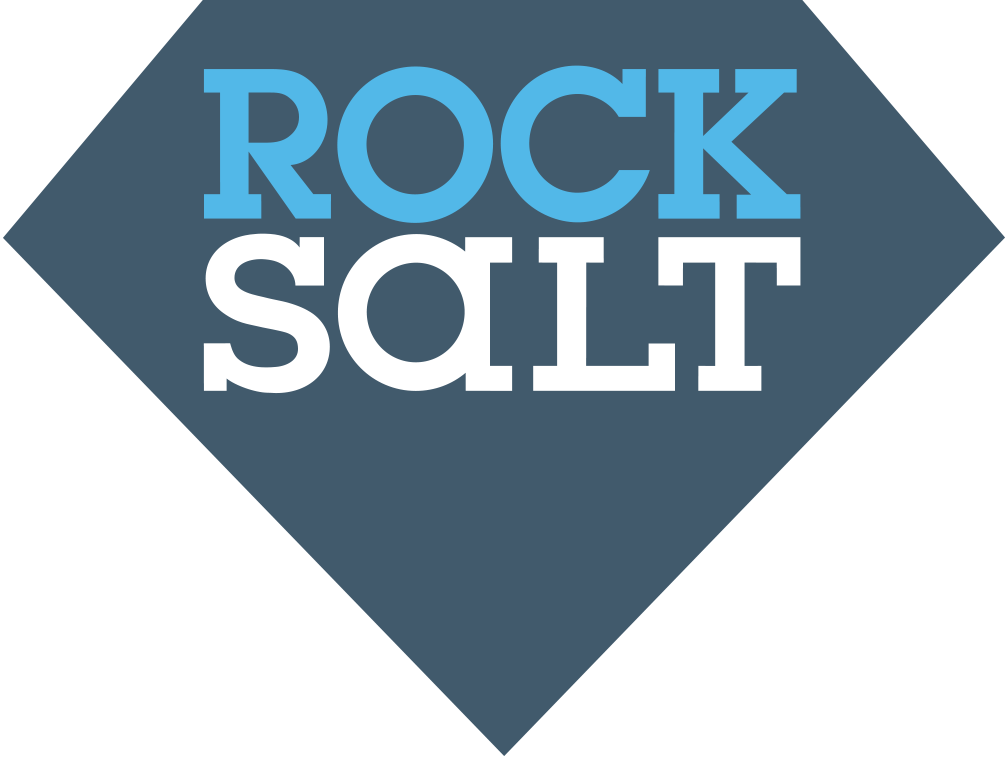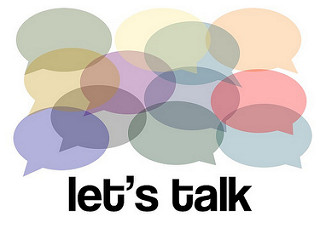Ever heard the story of the Spanish painter Pablo Picasso and his disappointed fan?
The old master, the story goes, was sitting at a restaurant table, minding his own business, when a woman approached him and told him she was a huge fan. She then asked him to scribble something — anything — for her on a napkin, and promised she'd pay whatever he thought the work was worth.
Picasso obliged. He grabbed a pen and a napkin, did a quick sketch, handed it over, and said: "That'll be $10,000." To which the shocked woman replied: "But it only took you 30 seconds!"
"No," Picasso replied. "It's taken me 40 years."
It's unclear if this actually happened or is just one of those apocryphal anecdotes that catch on and gain a life of their own. But whether you're a copywriter or someone looking to hire one, you may find this story hits close to home.
Charging for copywriting or, indeed, any creative service, is hard even for seasoned professionals. The flipside is that, as a client, you might feel the fee has been plucked out of thin air, with no rhyme or reason behind it.
Well, it's true that copywriting fees can be subjective. Different quotes for the same job may vary widely depending on who you ask.
That being said, there is method to the madness. Many copywriters take a similar approach when they're working out how much a job is going to cost.
In this article, we've rounded up the main factors we consider at Rocksalt when working up a copywriting quote. We hope this will give you a better understanding of our thought process, and of what even seemingly straightforward jobs might entail.
Here goes.
Project-based fees are (almost always) best
First things first, it's worth noting that there are three main ways to price copywriting projects:
By the word
By the hour or day
By the project
At Rocksalt, we charge project fees 99.9% of the time, because we think that, in the vast majority of cases, this is the fairest way to price. Project pricing is also recommended by ProCopywriters, the alliance of commercial writers.
There two reasons why project-based pricing is often best — both for the copywriter and for the client:
It provides certainty
Out of the three models, it's the fairest reflection of a job's value
Project-based pricing helps you plan better
As long as there's no scope creep, a project-based fee is fixed, regardless how long the job takes. This means you, the client, know exactly how much it's going to cost and can budget accordingly
Project-based pricing reflects value more fairly
Per project pricing makes it easier to quantify how much a job is worth, because there's enough flexibility to account for several variables.
In comparison, per hour and per word pricing only take one factor into account — duration or number of words, respectively. And this often leads to perverse results.
Let's go back to our story about Picasso.
It may have taken him only 30 seconds to knock up a sketch. But, as he pointed out to his fan, that was only possible because he'd sharpened his skills over several decades.
Similarly, experienced copywriters can work faster than less experienced ones. So, when you pay someone by the hour or by the day, you risk paying more for inexperience, when it should be the other way round.
Leaving that aside, a lot of the work in creative projects happens in the subconscious mind during downtime. This is when the brain digests information and makes new connections — a process Brenda Ueland calls composting.
But how does that figure in a per hour or per day scenario?
Well, that's why charging by the hour or by the day is so tricky.
You probably wouldn't be pleased if your copywriter kept the clock running while they were in the shower, doing the dishes, or playing with their kids. But neither does it make sense for them to charge only for the time they're sat at their desk with their laptop open, because inspiration doesn't work to a schedule.
Per word pricing is equally problematic, because it commoditises words.
Now, you may be thinking, aren't words a copywriter's stock in trade?
And, technically, you'd be right. A document full of words is usually a copywriting job's main deliverable.
But that's not what you're really paying for when you hire a copywriter.
What you're really paying for are ideas and execution. And, from that standpoint, per word pricing doesn't make sense at all.
Think of it this way.
If Picasso had charged his fan based on the number of pen marks in the sketch, would it have been a fair reflection of the sketch's worth?
Similarly, would it have been a fair reflection of value if the people who came up with 'I'm lovin' it!' or 'Finger lickin' good' had been paid only for the effort involved in typing three words?
Surely not, right?
How we work out our project-based fees
So far, we've established that, in most cases, project fees are the way to go when pricing a copywriting job.
But how do you work out the fee?
Where does that number on the invoice come from?
At Rocksalt, our prices take four factors into account:
Overhead
Scope
How much research involved
How clear the brief is
Overhead
It'll come as no surprise to anyone, but running a business costs money.
As a 100% remote team, we save a significant amount from not having to pay for office space. And we pass this saving on to you.
That said, there are still costs we need to recoup in order to be a viable business, such as:
Hardware and software — as much as we love using pen and paper, we need laptops, Google Workspace, Zoom, and other tools to do our work. These allow us to collaborate without having to be in the same room and to serve clients from all over the world
Staff. We work with experienced people who have proven track records. The upside is that we can create work that meets high standards and gets results for our customers. But skills and expertise come at a premium
Insurance. This protects us — and you — should things go wrong
Professional fees, for accountants and such
Marketing costs
Our overhead is the starting point when setting our fees.
Put simply, if a project won't generate enough income to make back the overhead spent while we work on it, it isn't viable. If, on the other hand, expenses are covered and there's a profit on top, it's viable.
The project's scope
At the risk of stating the obvious, a 500-word blog post requires less effort than a 10-page website or a 50,000 word ebook, so you can safely expect it to cost less than either of the latter.
But, as we've already touched upon when discussing per word pricing, effort isn't only a matter of word count. There's research (more on this in a minute), thinking time, and, importantly, the finished product's role in your overall strategy.
Case in point, the name for a new product or service may be "only" one or two words long. But it's make or break. A memorable name will stick in customers' minds for years to come. A poor one will, at best, make your product or service forgettable. And, at worst, it could backfire spectacularly.
That's why naming, brand identity, and other overarching strategy services are expensive — they can literally be the difference between success and failure, so they require an effort to match.
The same goes for slogans.
'Just do it' may be "just" three words. But they've been an iconic, foundational part of the Nike brand for over 30 years.
How much research is involved?
Any copywriter worth their fee will do some research, regardless of the project's size and scope. It's simply not possible to do a good job unless you understand the client's business, their industry, and what the client's customers really want from that kind of product or service.
That said, some projects will be much more research-heavy than others, and this will affect the fee.
It's one thing to run a few google searches about a fairly straightforward topic.
It's a completely different proposition to wrap your head around a highly technical niche topic and conduct several interviews with subject-matter experts. Or large-scale market research.
The quality of the brief
We've said it before, but it bears repeating: a strong brief is the cornerstone of any successful copy project.
Good briefs make your copywriter's life easier and the project go smoother.
Bad briefs, on the other hand, mean your copywriter has to do more prep work and put more effort into understanding what you're after. And they typically lead to avoidable disagreements and endless rounds of amends down the line.
With that in mind, you won't be surprised to hear that a poor brief could translate into a higher project fee. This compensates for the additional time and effort that'll be required to scope out the project properly and see it through to a successful end.
Good work ain't cheap, cheap work ain't good
Good copywriting is more than just 'writing'. It requires research, insight, creativity, good ideas, solid execution, and years spent learning about which techniques are most effective in helping clients win more customers. The best copywriters' fees are so high because they reflect all this.
The upside is that good copy will invariably pay off.
Good copy took brewers Schitz from number eight on the market to America's best-selling beer in just a few months.
It established the Volkswagen Beetle as the US budget car — no small feat for a German car in a market where bigger is often better, barely 15 years after the end of the second world war.
And it could help your business reach new heights, too.
Need help scoping out a project?
Talk to us for a free, no obligation quote.




